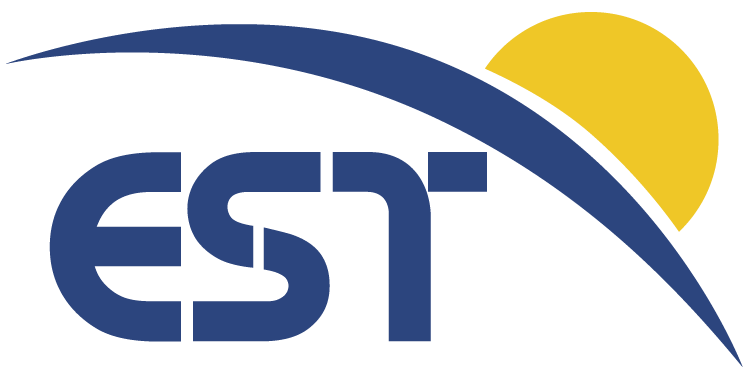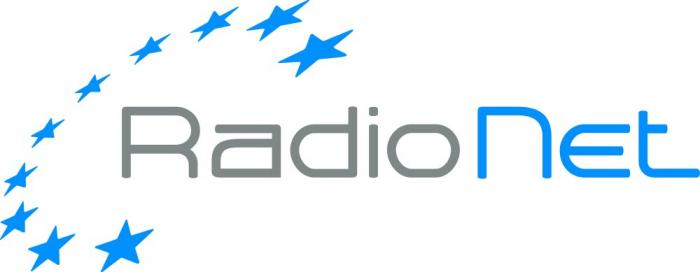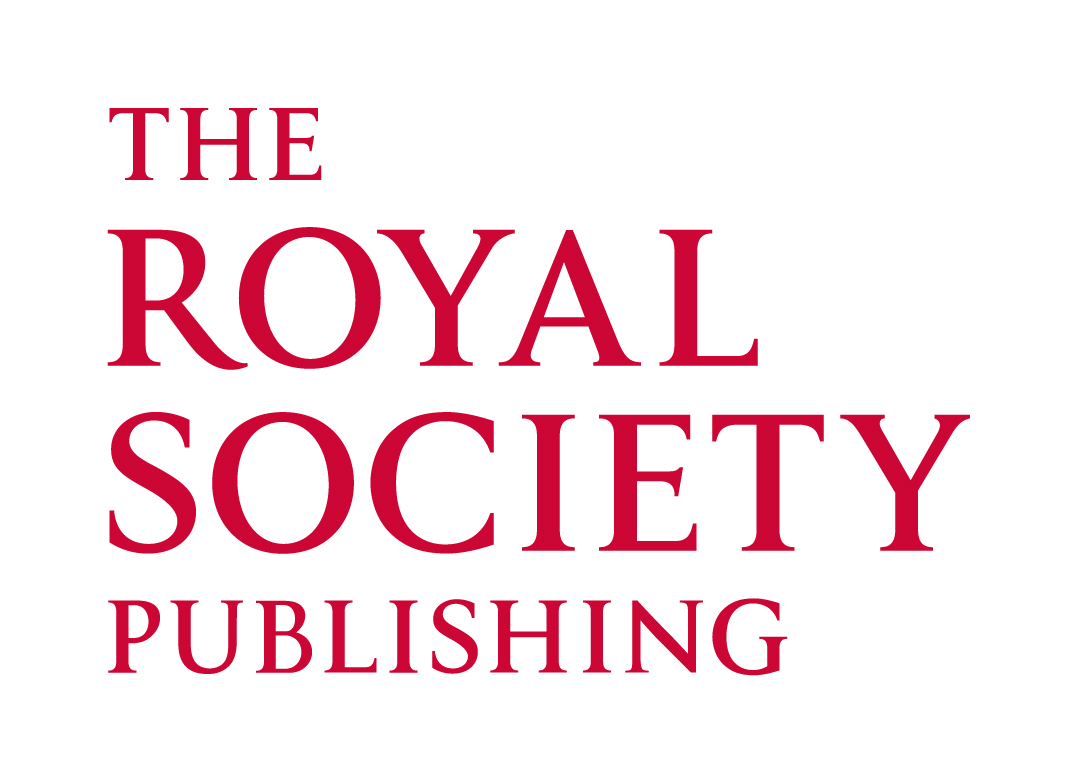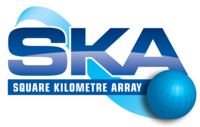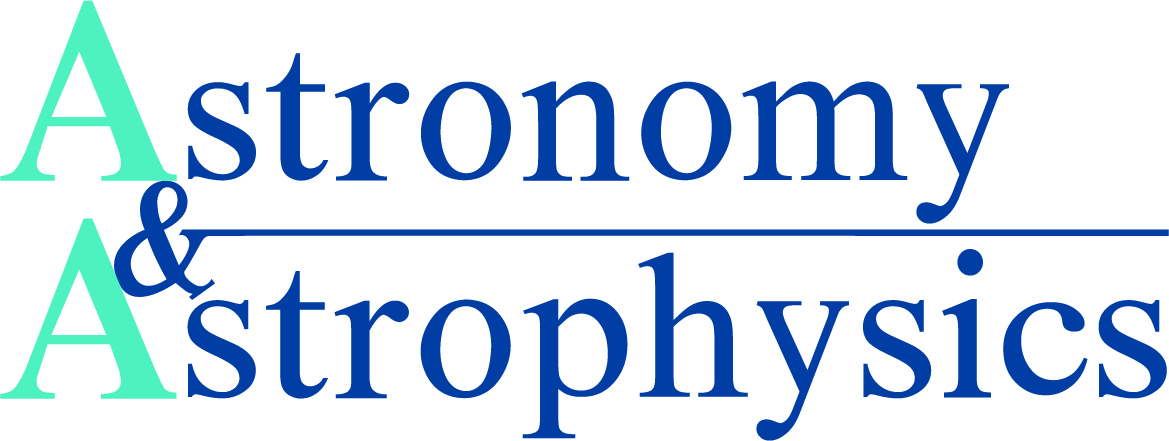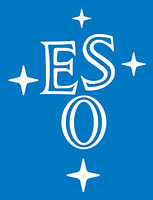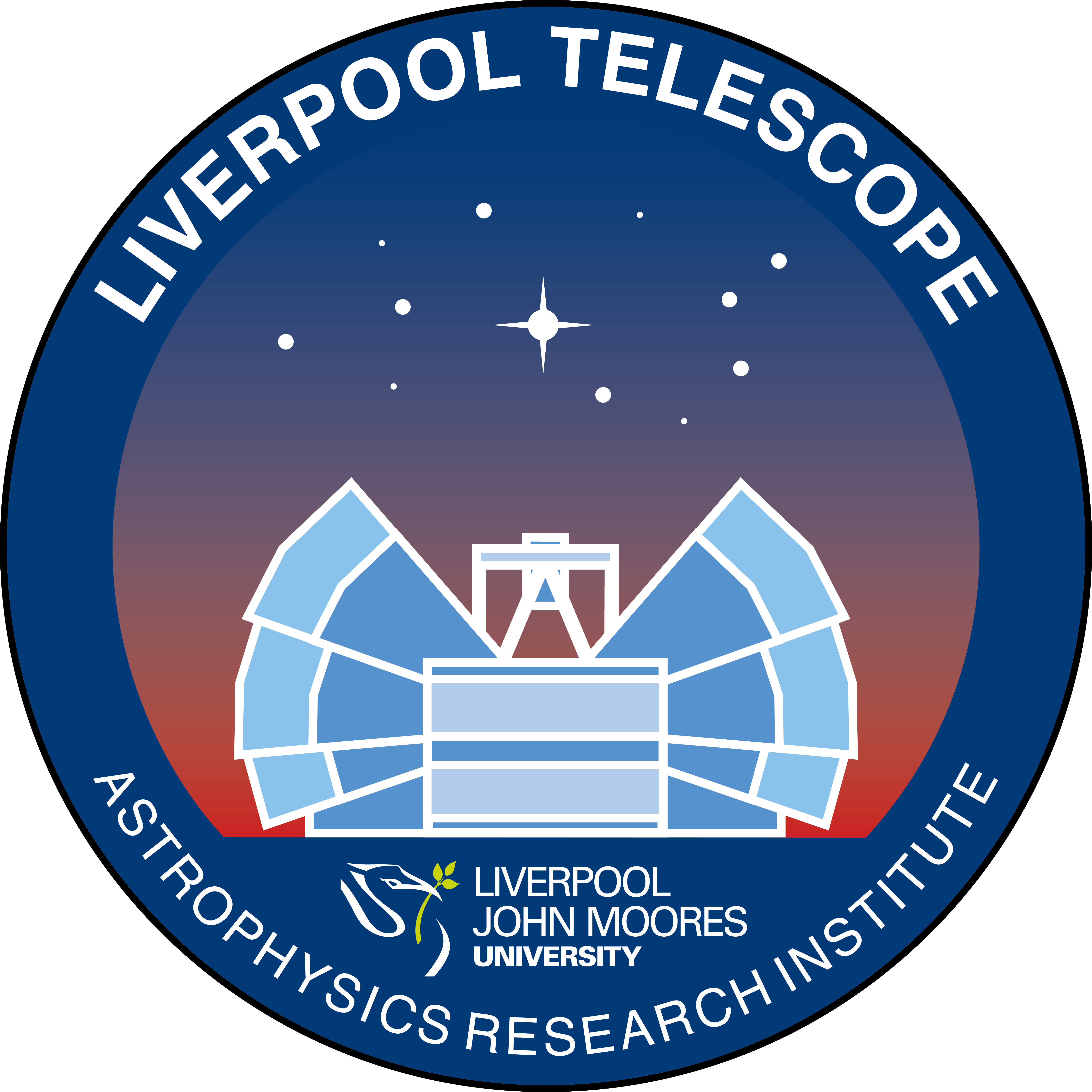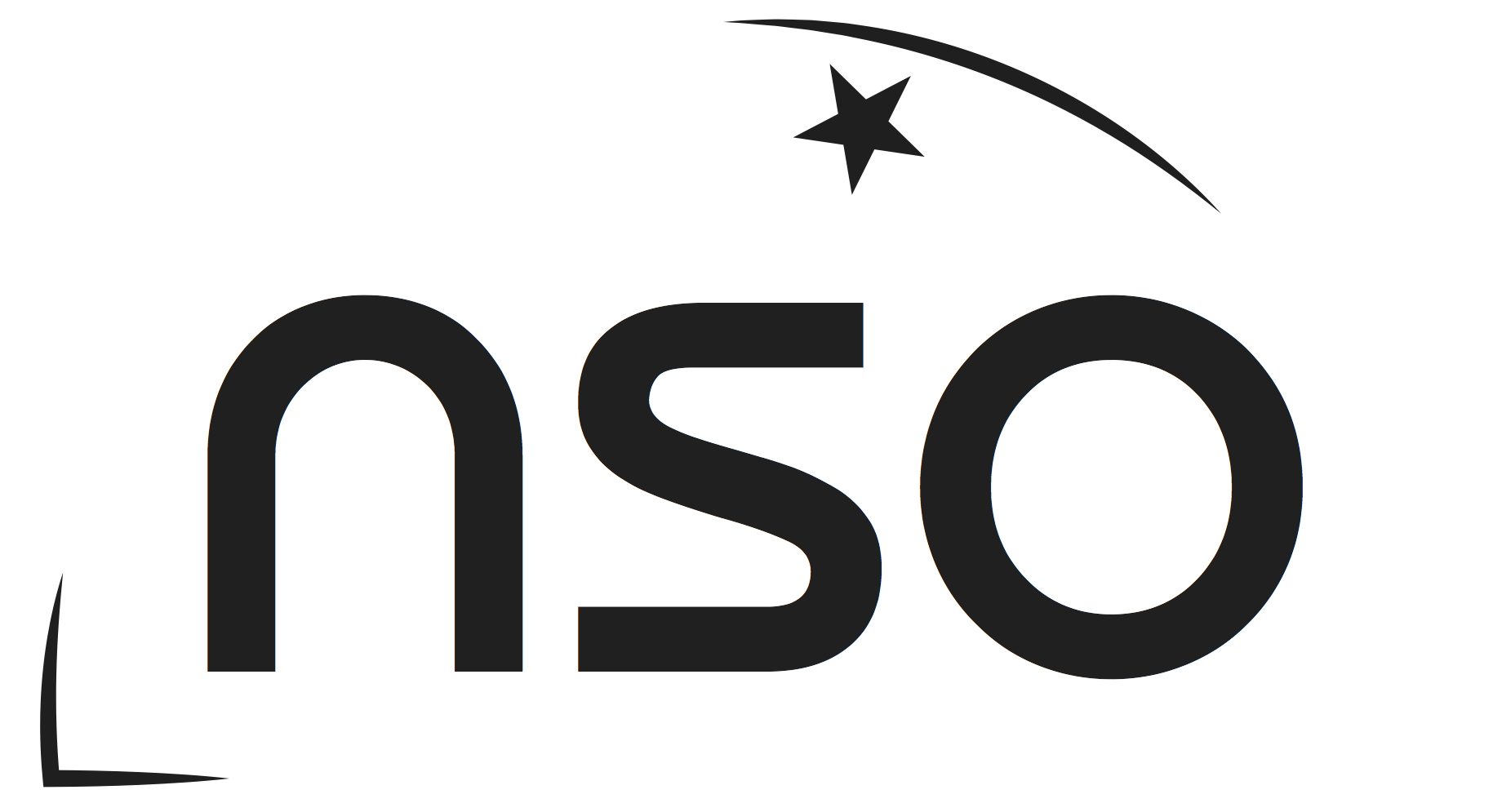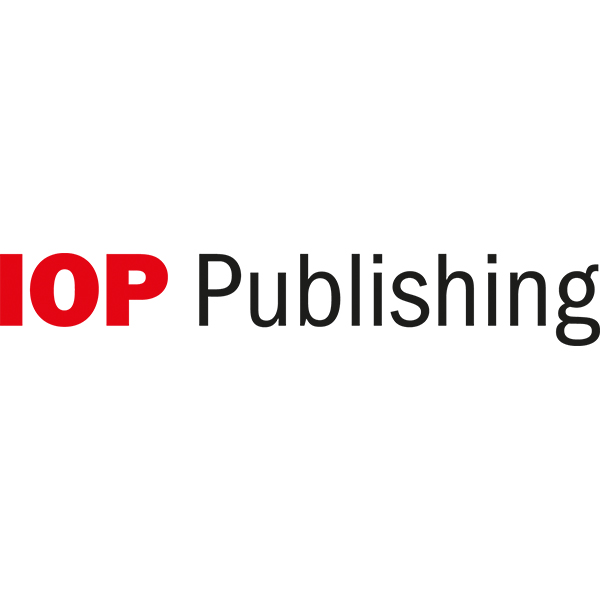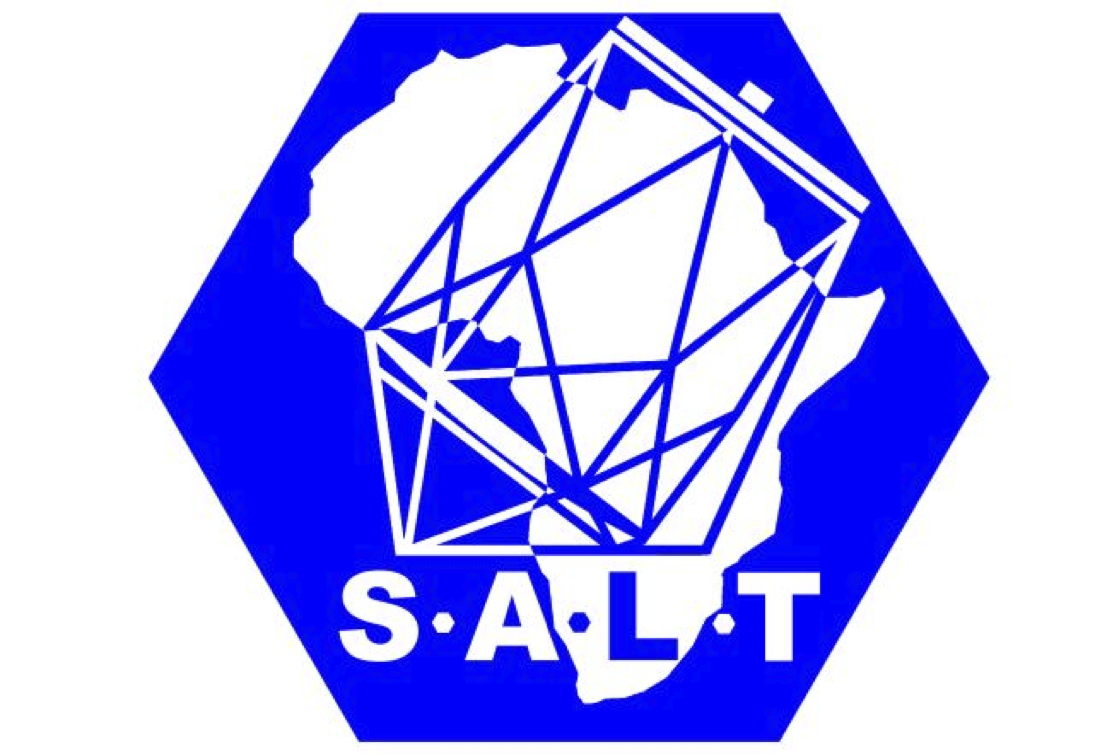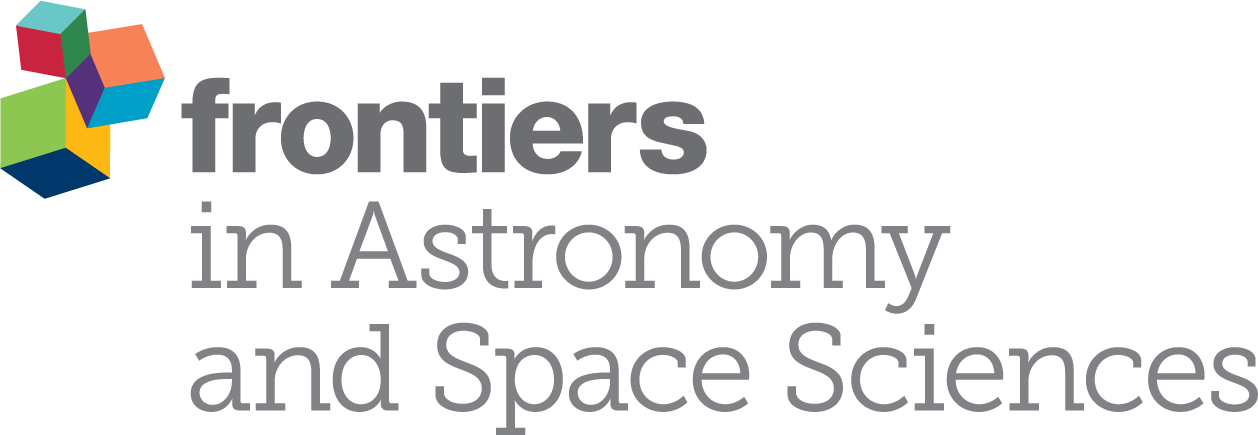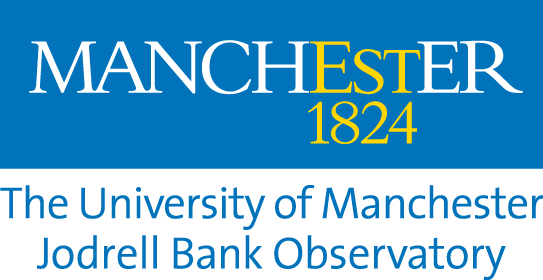Symposium S9
3 – 4 April 2018
The interstellar medium as a window onto galaxy evolution
Aims and scope
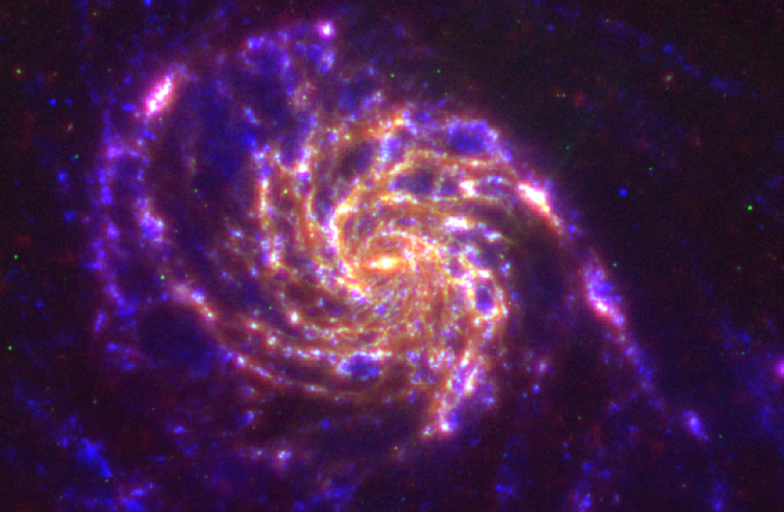 This session brings together researchers with areas of expertise spanning the electromagnetic spectrum and the full range of cosmic time in order to highlight the interdependence of all aspects of understanding galaxies through their ISM.
This session brings together researchers with areas of expertise spanning the electromagnetic spectrum and the full range of cosmic time in order to highlight the interdependence of all aspects of understanding galaxies through their ISM.
Modern submillimetre-radio telescopes (such as Herschel, JCMT, and especially ALMA) have allowed us to observe gas, dust, and star formation in exquisite detail, from the local Universe out to z>7. Studying the ISM is vital for understanding how objects seen at high-redshift became the present-day galaxy population - revealing how star formation is triggered and quenched, and how gas reservoirs of galaxies are depleted (by outflows and star formation) and replenished (by inflows and interactions), across cosmic time. Tackling these questions is the focus of cutting-edge galaxy evolution simulations (such as EAGLE and Illustris), the now-underway SKA precursor surveys, and the soon-to-launch JWST.
The new generation of spectroscopic surveys - particularly those employing integral field spectroscopy (such as MaNGA, KROSS, SAMI, and CALIFA) - also offer exciting perspectives. Resolved three-dimensional analysis of the ionised ISM provides a new window onto star formation and gas kinematics, with facilities now able to target objects through most of the Universe's evolutionary history. Additionally, gas-phase metallicity information reveals how stellar populations have enriched galaxies' ISM with metals. The dramatic improvement in the quantity and quality of metallicity data is also precipitating a new wave of investigation into the physical properties of dust and gas in galaxies, and their chemical evolution. This work is critical to answering challenging questions, such as the origin of the large masses of dust we now observe at very high redshift.
The ISM provides a unifying theme for probing the complex topic of galaxy evolution. By bringing together experts from across these diverse yet intertwined specialities, we hope to exploit the connectedness of the field, and stimulate progress towards unravelling the questions and challenges we face.
We wish members of under-represented groups in astronomy to apply, so that such groups are properly represented amongst our speakers. We commit to upholding the EAS policy regarding diversity and non-discrimination. We have worked to create a diverse scientific programme in terms of both speakers and topics. Our invited and review speakers represent a broad range in seniority, background, gender, and area of expertise.
We evaluated contributed abstracts blind, with names and affiliations hidden. As a result, our selection of contributed speakers is not perfectly representative. However, statistical tests indicate that our selection of contributed speakers does not show evidence of statistically significant disparity in gender, area of expertise, seniority, national origin, or English language skill (relative to the underlying population of applicants).
Programme
- Review talks (25 mins)
- Invited talks (20 mins)
- Contributed talks (15 mins)
Invited speakers
- Susanne Aalto(Chalmers UoT, Gothenburg) - Review talk
- Claudia Cicone (INAF Milan) - Invited talk
- Carlos De Breuck (ESO Garching) - Review talk
- Michaela Hirschmann (Institut d'Astrophysique de Paris) - Invited talk
- Kathryn Kreckel (MPIA Heidelberg) - Invited talk
- Antonino Marasco (ASTRON Dwingeloo) - Review talk
- Pasquier Noterdaeme (Institut d'Astrophysique de Paris) - Invited talk
- Andreas Schruba (MPE Garching) - Review talk
- Darach Watson (DARK Copenhagen) - Invited talk
Scientific organisers
- Christopher Clark (Chair, Cardiff University)
- Michele Cirasuolo (University of Edinburgh)
- Annalisa De Cia (ESO Garching)
- Maud Galametz (CEA Paris)
- Roberto Maiolino (Cavli Institute)
- Gergö Popping (ESO Garching)
- Kate Rowlands (John Hopkins University)
- Amelie Saintonge (University College London)
- Matthew Smith (Cardiff University)
- Freeke van de Voort (HITS / Yale)
Contact
Christopher Clark (Chair): Christopher.Clark @ astro.cf.ac.uk
Amelie Saintonge a.saintonge @ ucl.ac.uk
Kate Rowlands: katerowlands.astro @ gmail.com
Annalisa De Cia (Off-Site): adecia @ eso.org
Updated on Thu Mar 22 15:04:47 CET 2018
|
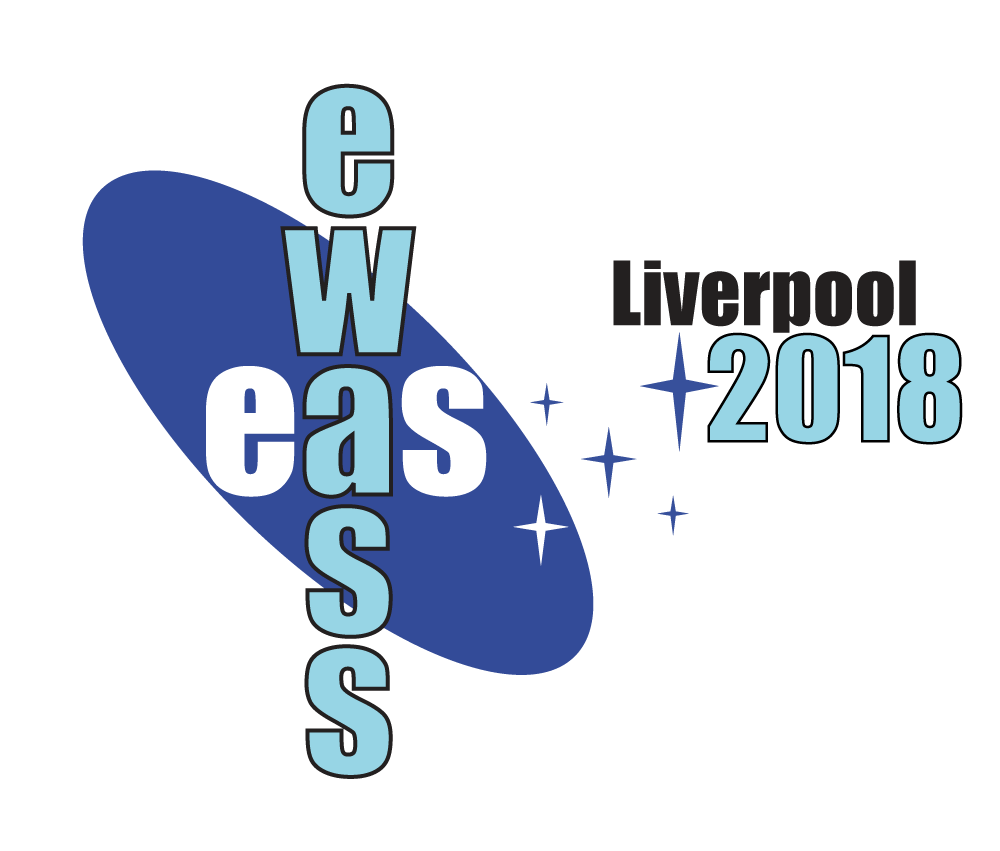
 A power cut will shut down all EAS services on Tuesday, 10 January 2017 starting at 7:30 CET.
A power cut will shut down all EAS services on Tuesday, 10 January 2017 starting at 7:30 CET.






